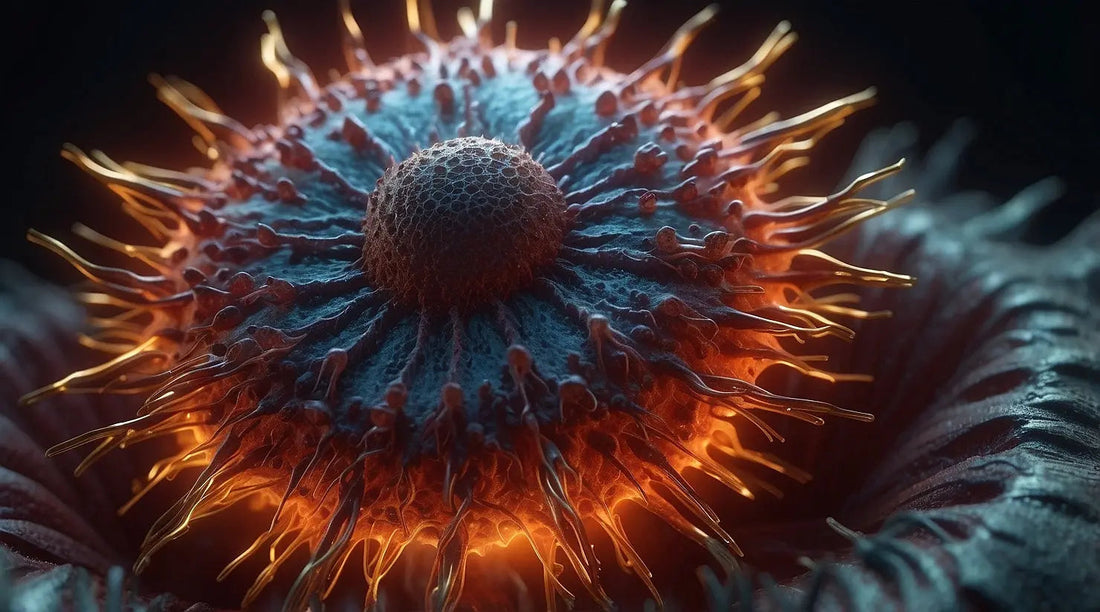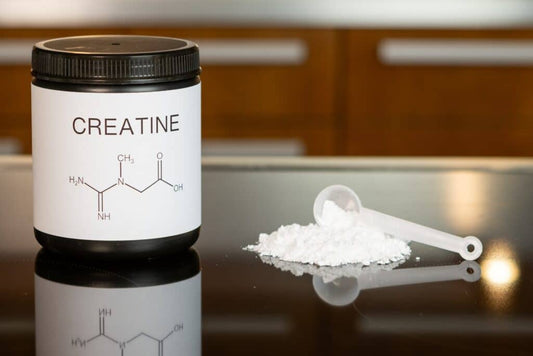Study Uncovers Mechanism Of How Some People Seem Immune to Catching COVID-19

Unique immune cell responses might explain why some individuals appear to be immune to COVID-19, even if they are unvaccinated.
Recent studies involving deliberate exposure to the SARS-CoV-2 virus have provided valuable insights into the mechanisms that may confer immunity in certain individuals. These findings have implications for understanding COVID-19 resistance and could inform future vaccine and treatment development.
In 2021, an international research team conducted the first COVID-19 challenge study, where volunteers were deliberately exposed to the virus. The study aimed to uncover why some individuals seem immune to infection. Sixteen healthy participants, who had neither been vaccinated nor previously tested positive for the virus, were selected for the study.
The original variant of SARS-CoV-2 was administered nasally to the participants. Researchers collected nasal and blood samples before exposure and then repeatedly over the subsequent 28 days. Participants were also tested for SARS-CoV-2 twice daily to monitor infection status.
The study's participants were divided into three distinct groups. The first group consisted of six individuals who tested positive on both daily tests for more than two days and exhibited symptoms. The second group included three participants who tested positive on only one of the twice-daily tests, without symptoms, for no more than two days. The third group comprised seven individuals who consistently tested negative for the virus.
To understand the immune responses, the researchers analyzed over 600,000 blood and nasal cells from all participants. They discovered that the participants in the second and third groups exhibited a notable immune response involving interferon, a protein that aids the immune system in combating infections. In these groups, interferon was detected in the blood before being present in the nasopharynx, the upper part of the throat behind the nose where nasal samples were taken.
Interestingly, the interferon response in the nasopharynx was more pronounced in the second group than in the third group. These individuals also showed no active infections in their T-cells and macrophages, which are critical components of the immune system. According to Marko Nikolic from University College London, this finding suggests that their immune systems were effectively preventing a sustained infection.
The researchers identified that high levels of activity of an immune system gene called HLA-DQA2 before exposure to SARS-CoV-2 played a crucial role in preventing prolonged infection. This gene's activity appeared to provide a protective effect, potentially explaining why some individuals remained uninfected despite exposure.
These findings offer a deeper understanding of the immune responses that protect against COVID-19. As Sarah Teichmann from the Cambridge Stem Cell Institute explained, this study is unique due to its controlled design, allowing for precise measurement of immune responses from the moment of infection.
José Ordovas-Montanes from the Harvard Stem Cell Institute emphasized the significance of the study, noting that most people have now been exposed to various SARS-CoV-2 variants, unlike the single ancestral variant used in this research. Therefore, the results may not fully reflect cell responses in real-world settings outside of a controlled trial environment.
This study's insights could have profound implications for future vaccine and treatment development, including long covid supplements, potentially leading to more effective strategies to combat COVID-19. By understanding the specific immune responses that confer protection, researchers can work towards developing interventions that mimic these natural defenses.
References
- Nature DOI: 10.1038/s41586-024-07575-x
- "Olives and Olive Oil in Health and Disease Prevention" [1st Edition], 0123744202, 9780123744203.



